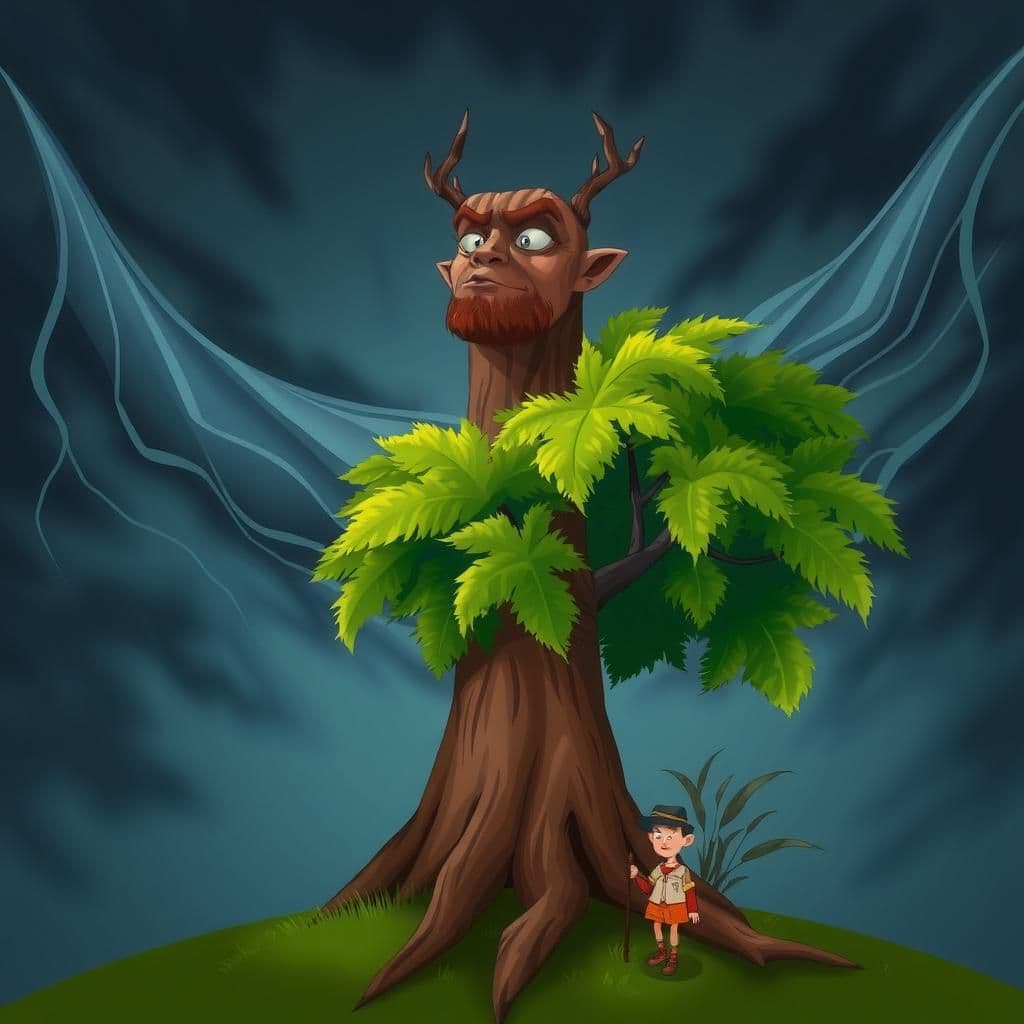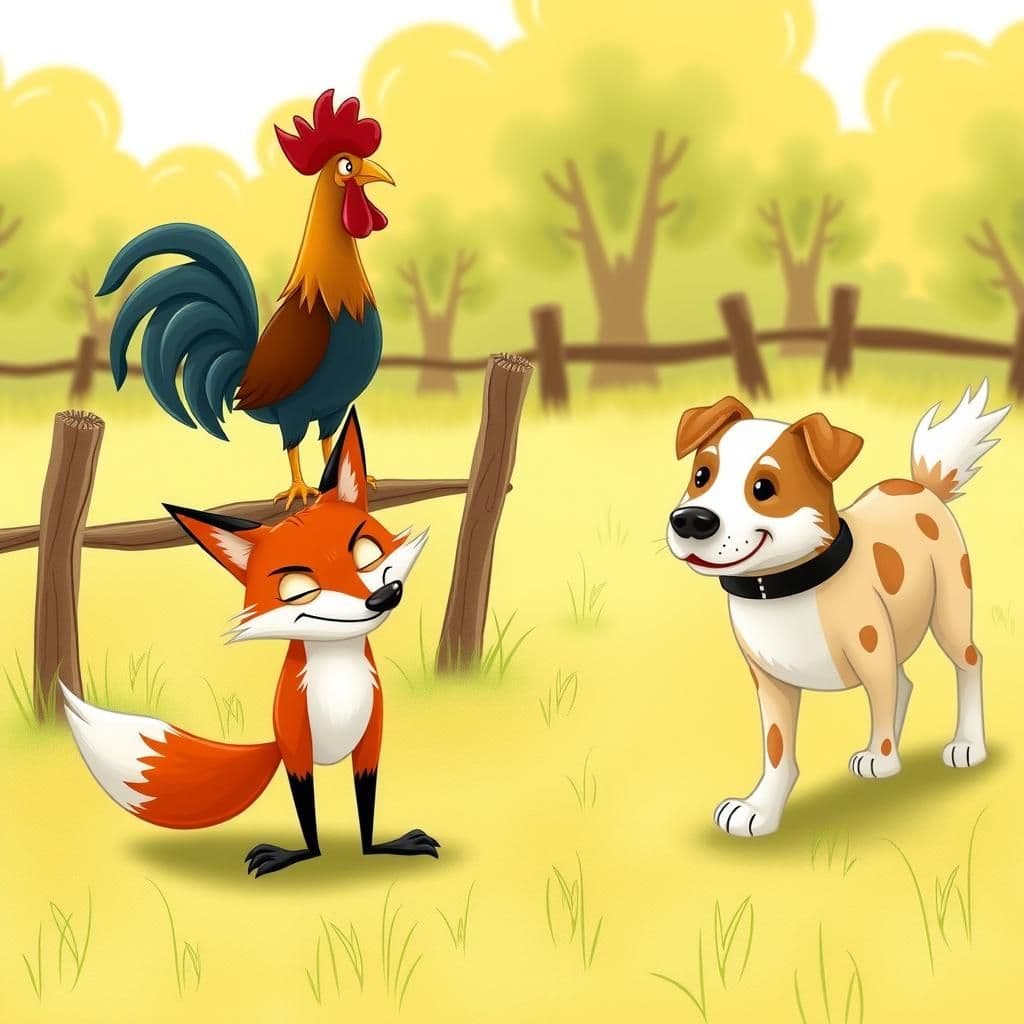The Dogs House

Story Summary
In "The Dog's House," a Dog begins by wanting to build a small house to shelter himself from the winter cold. However, when summer arrives and he feels larger and more comfortable, he dismisses the idea of building a proper house, highlighting a captivating moral about the importance of adaptability and perspective. This quick moral story offers valuable lessons for kids about understanding one's needs in different seasons of life.
Click to reveal the moral of the story
The moral of the story is that one's circumstances and perceptions can change significantly over time, and what once seemed necessary may no longer hold the same importance.
Historical Context
"The Dog's House" is a fable that reflects themes from Aesop's Fables, a collection of moral tales from ancient Greece attributed to Aesop, a storyteller believed to have lived in the 6th century BCE. This story illustrates the contrast between the dog's practical needs in winter and his complacency in summer, embodying lessons on adaptability and the folly of neglecting necessities, common in folk narratives that emphasize moral teachings through animal characters. Retellings of such fables have appeared across various cultures, often adapted to convey specific cultural values or lessons.
Our Editors Opinion
The story of the Dog’s House reflects the tendency of individuals to adapt their needs and desires based on current circumstances, often overlooking the importance of planning for future challenges. In modern life, this can be seen when people invest in temporary solutions, like renting a small apartment without considering future family needs; once they become comfortable, they may resist the necessary effort to seek a more suitable long-term home.
You May Also Like

The Bat and the Weasels
In this thought-provoking moral story, a clever Bat encounters two different Weasels, each time using his wits to adapt his identity and escape being eaten. First, he deceives one Weasel by claiming to be a mouse, and then he convinces another that he is not a mouse but a Bat, showcasing the importance of resourcefulness in difficult situations. This short story serves as an educational moral tale about the value of turning circumstances to one's advantage.

The Tree and the Reed
In "The Tree and the Reed," a proud Tree mocks a humble Reed for its perceived lack of ambition and strength, highlighting the importance of boasting versus modesty. However, when a hurricane strikes, the Tree is uprooted and destroyed, while the adaptable Reed survives by bending with the wind, illustrating valuable lessons from moral stories about the strength found in humility and flexibility. This culturally significant tale serves as a reminder that obscurity can often bring safety, making it a perfect moral story for kids and personal growth.

The Fox the Cock and the Dog
In "The Fox the Cock and the Dog," a clever Fox tries to deceive a Cock with the news of a universal truce, claiming that all beasts will coexist peacefully. However, when the Cock mentions the approaching Dog, the Fox quickly retreats, illustrating how cunning can backfire. This classic fable, part of impactful moral stories, teaches that those who attempt to trick others may end up ensnared by their own deceit.
Other names for this story
The Canine Cottage, Paws and Dreams, The Winter Den, Dog Days Retreat, Canine Comfort Zone, The Furry Fortress, Summer Snooze Spot, The Cozy Canine Home
Did You Know?
This story illustrates the theme of adaptability and the changing nature of comfort; the Dog's shift in perspective from a need for shelter in winter to a relaxed acceptance of his size in summer highlights how circumstances can alter our perceptions and priorities.
Subscribe to Daily Stories
Get a new moral story in your inbox every day.